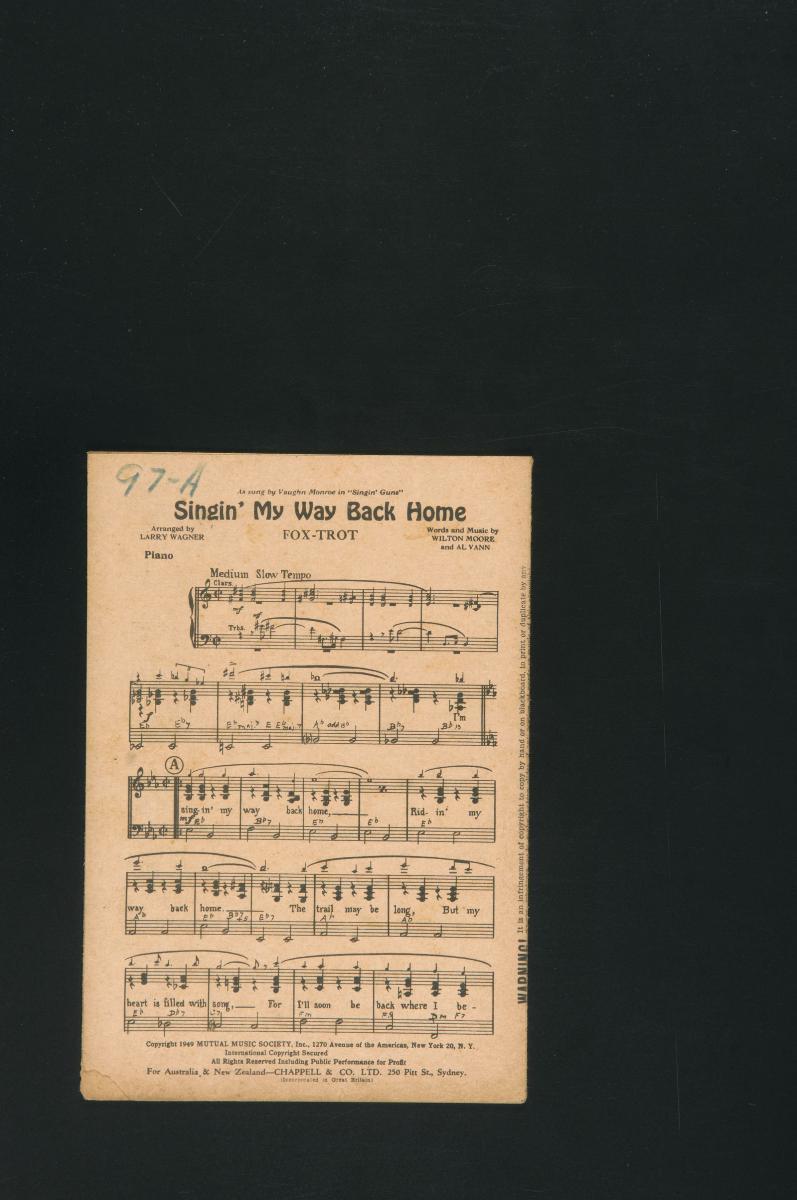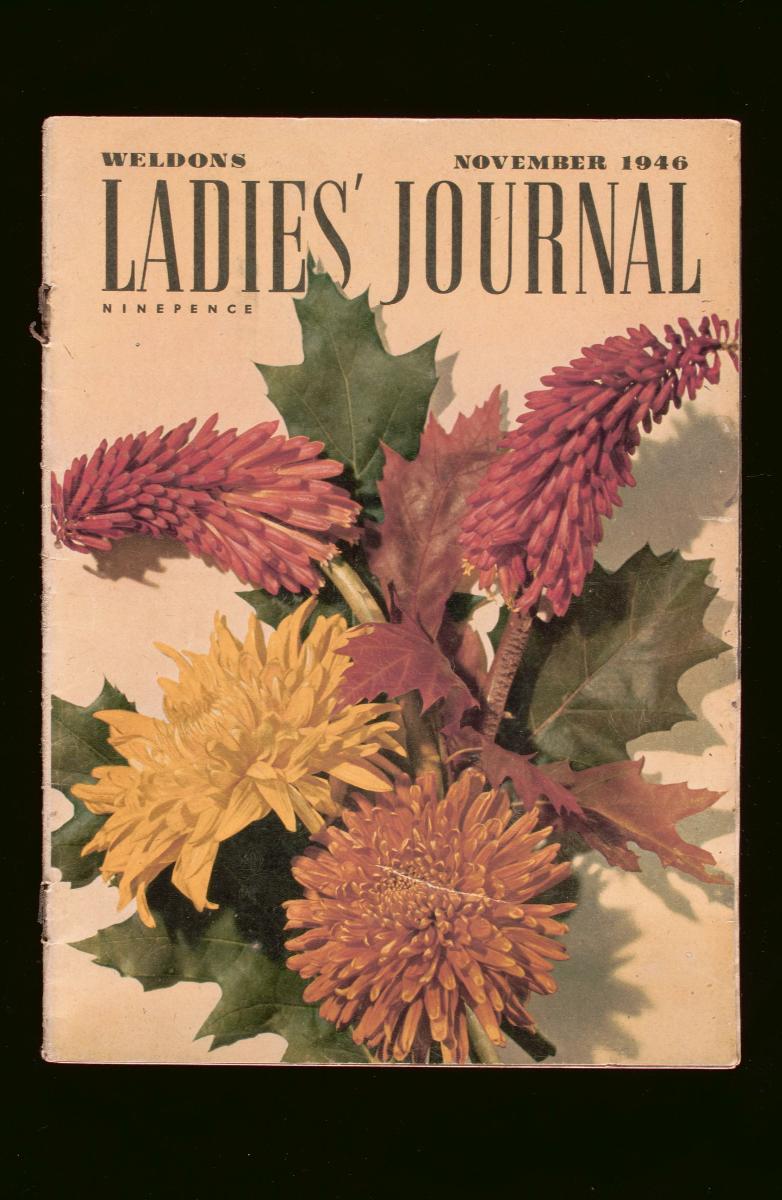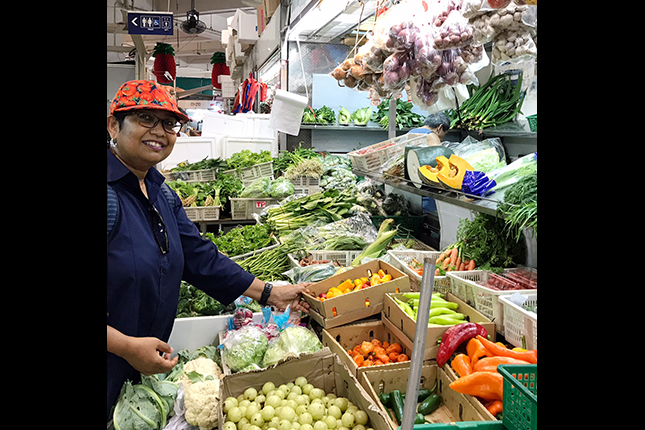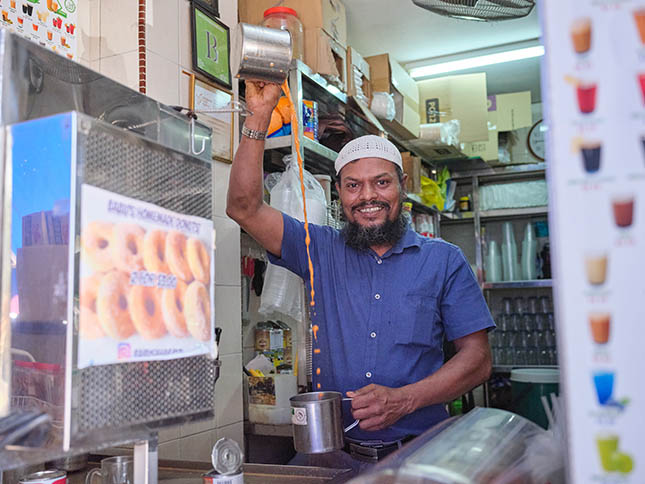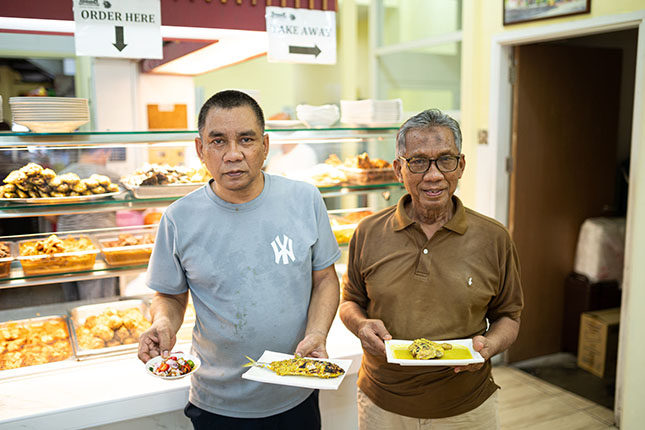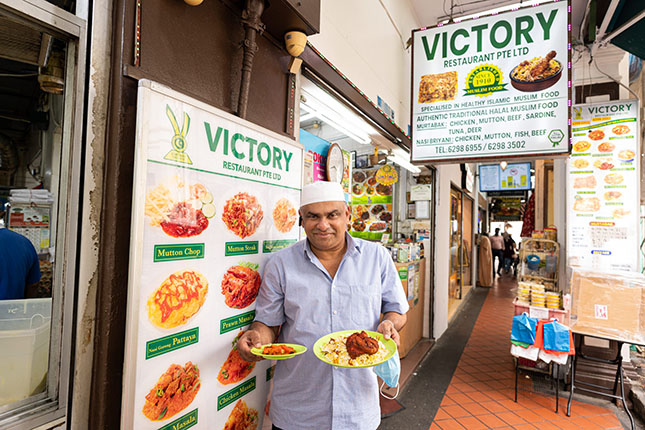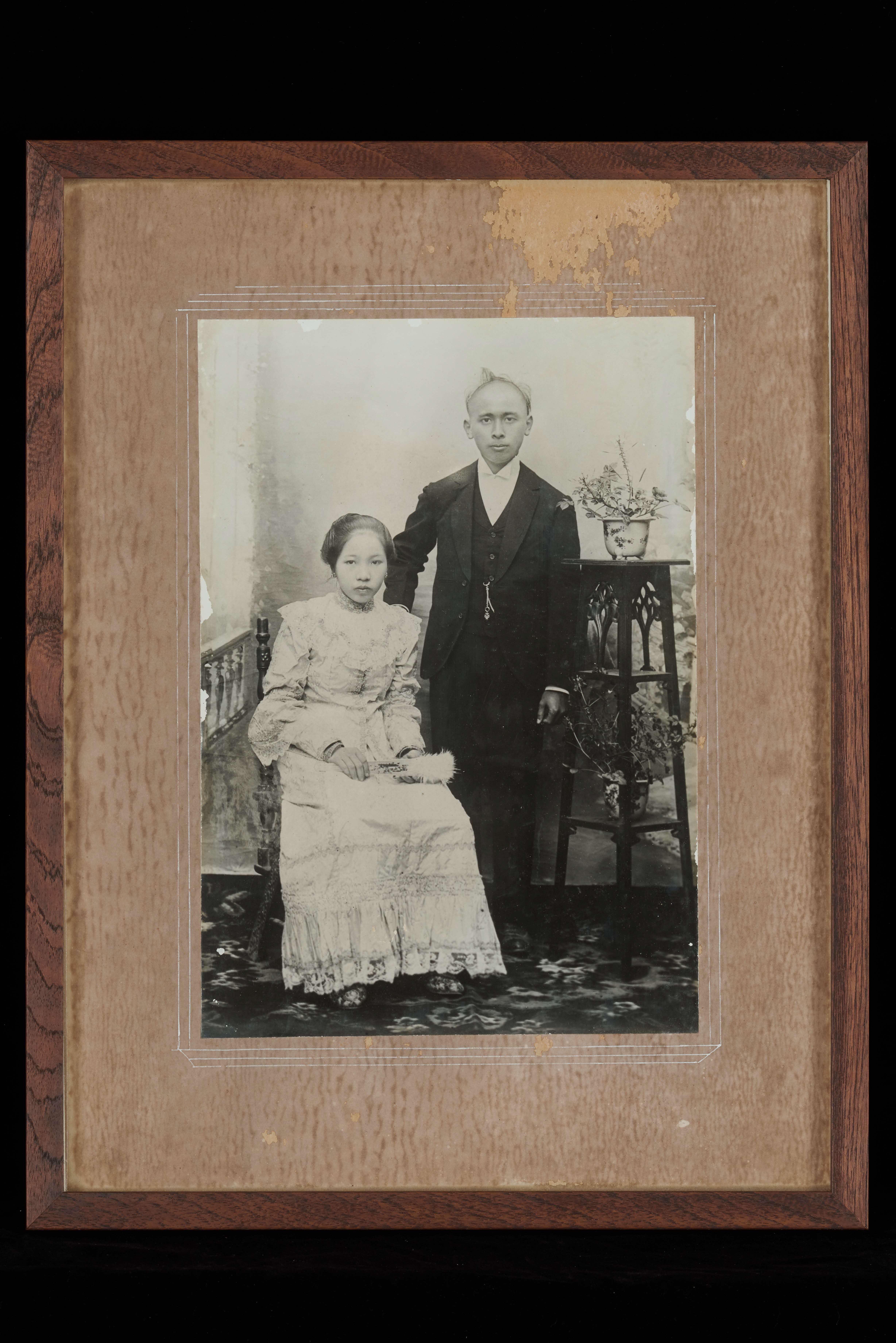Keeping the Kampong Dishes Alive
|
Name of business: |
Hjh Maimunah Restaurant and Catering |
|
Business location: |
11 Jalan Pisang, Singapore 199078 |
|
Business type: |
Food & Beverage |
|
Established: |
1990s |
Named after the founder’s mother, Hjh Maimunah Restaurant and Catering is a restaurant that makes “Kampong-style” Malay dishes, sauces, and pastes. Today, Hjh Maimunah is run by second-generation owner Ms Mastura Binte Didih Ibrahim and her sisters, Ms Maria and Ms Maryam. They are determined to keep the taste of their family recipes alive and to share Malay cuisine with the younger generation.
Tucked behind the Sultan Mosque in the northwestern section of Kampong Gelam and separated by the busy North Bridge Road is Hjh Maimunah Restaurant and Catering. The cheerful yellow façade of the restaurant calls out to you on this quiet street of Jalan Pisang. Inside, the restaurant is anything but quiet, serving an extensive menu of familiar “Kampong-style” Malay dishes with pastes and sauces, along with kuehs (bite-sized dessert typically made of rice flour), dished up neatly in glass trays and plates behind food display counters.
Today, Hjh Maimunah is run by second-generation owner Ms Mastura Binte Didih Ibrahim and her sisters, Ms Maria and Ms Maryam, who took over the business from their parents in 2018. Each sister oversees a part of the business, with Mastura serving as the chief executive officer. Mastura ensures that the restaurant runs smoothly and has made it a priority to maintain consistency in the quality of taste. The simple approach of ensuring freshness is what makes every dish so good. She explains, “There’s not really a special technique, but we always ensure that it is fresh, as fresh as possible, and consistent. That is the reason why our central kitchen is very important to us.” The central kitchen, located in the restaurant’s factory, produces pastes and sauces. The pastes and sauces follow Indonesian and Malay cuisine recipes, which are used in their restaurants and stalls today. Some of the popular pastes available are the Lodeh (coconut-based vegetable dish) and Ayam Masak Merah (chicken in spicy tomato sauce) pastes. Mastura began her involvement in overseeing the factory’s operations in 2022 and is still learning the ropes of the business. “The factory is like the engine of the restaurant, the heart of the restaurant,” she stresses. It is the place where ingredients are processed, dishes are cooked, and pastes are made. As she manages the restaurant, she carefully maintains a balance between the old and new ways of doing things. She keeps the restaurant’s traditional taste while improving operational efficiency.
Although Hjh Maimunah has come a long way, the family restaurant started from humble beginnings. In the 1990s, Mastura’s mother was interested in running a business in the Food and Beverage (F&B) industry. Mastura’s grandmother gave this venture a push, purchasing the Jalan Pisang shophouse. This allowed Mastura’s mother to set up a restaurant that eventually expanded to occupy three adjoining shophouses on the street. Mastura’s mother hence named the restaurant after Mastura’s grandmother—Hajah Maimunah.
As the second generation, Mastura spent many years under her mother’s wing and knows the restaurant inside out. Growing up, Mastura spent almost all her school holidays helping at the restaurant. When she graduated in 2008 after completing her overseas studies in food technology, she joined the business full time to support her mother. One of the first things that she did was to improve the process of sourcing ingredients. She searched for suppliers who could deliver fresh ingredients as well as meet the restaurant’s food processing needs, such as cutting the meat. “My parents used to go to the market… to buy the items themselves. They go there, they choose, they buy, and that’s how they did it for a very long time.” Now, the restaurant can rely on suppliers to provide food of the freshest and finest quality. Over the next 10 years, Mastura became someone that the employees would depend on for guidance and help. “That was expected from me because I am like the boss’ daughter, so of course I had to know everything,” she says. In 2018, her mother asked her to take over the business and the transition of ownership began. That was when she was entrusted with making decisions for the business alongside her parents.
Four years since taking over the family business, Mastura has dedicated herself to carrying on the family legacy. She has become business savvy enough to sustain the business and now finds ways for the business to expand its offerings. Hjh Maimunah has another restaurant in Joo Chiat and a few outlets in food courts around Singapore. It also runs a catering business and more recently, provides delivery service for customers. The decision to launch the delivery service was also a twist of fortune. Mastura recalls that they had developed their delivery system and were in the midst of launching it when the COVID-19 outbreak hit. In addition, Mastura had launched ready-to-eat frozen products and pastes that they were already using for their restaurants. This allowed the business to turn the COVID-19 crisis into an opportunity. They were able to use their delivery service to sell their ready-to-eat frozen products, which greatly helped the business during the period when COVID-19 rules were tightened and dining-in was not permitted.
As the operations grew, so did their customer base. Customers who grew up eating at Hjh Maimunah now take their own families with them, while the older generation continue to patronise the restaurant. They relish the taste of Hjh Maimunah’s dishes as it holds many nostalgic and special memories for them. Hjh Maimunah also has a following among the younger generation. To them, it is a place for familiar local food. For those who are unable to cook due to the busy pace of modern life, they can get a taste of home by eating Hjh Maimunah’s dishes. Mastura shares her perspective, saying, “I feel a sense of responsibility to actually still have this kind of food that is accessible to our customers. “I’m sure a lot of people miss it when they start living on their own, they are not living with their parents, or they have their own families and at the same time they are unable to cook the same way as their parents, right?”
Mastura aims to keep the Jalan Pisang restaurant going for as long as she can. It is dear to her because it is the restaurant’s flagship store. Furthermore, for some customers, it is their first taste of Malay food. She hopes she can educate the younger generation about traditional Malay cuisine, where the ingredients like limpa (spleen) or babat (tripe) could be unheard of among youngsters. Keeping the tradition alive is something Mastura is passionate about—anyone can see her utmost dedication, from how she runs her family business and maintains the taste of her restaurant’s dishes.
Interviewed by Syazwani Amrun and Nur Khairiah Ahmad Samson on 16 May 2022.















